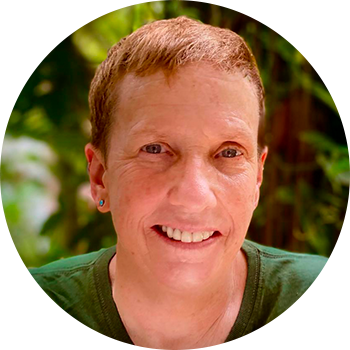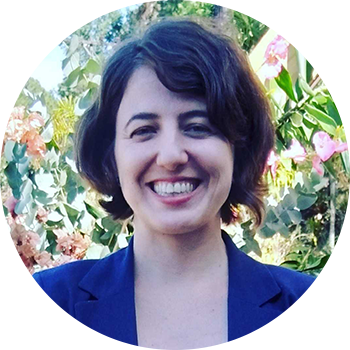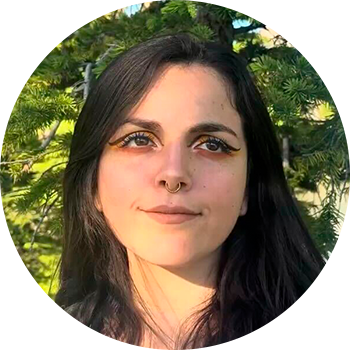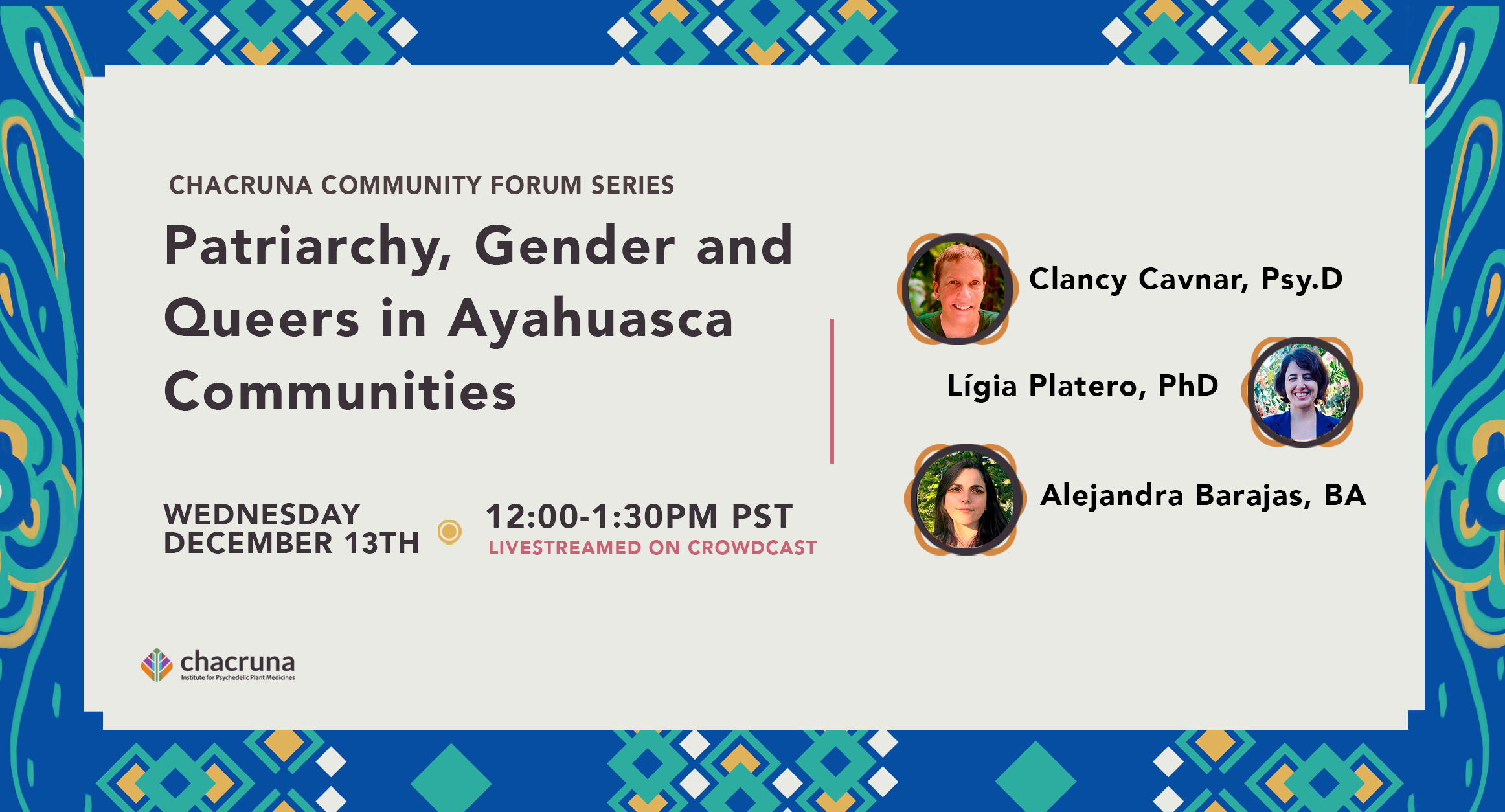- Development Outreach Internship (OPEN) - May 6, 2025
- Social Media and Content Production Internship (OPEN) - May 6, 2025
- The Psychedelic Press: Navigating Censorship, Ethics, and the Market - May 6, 2025
Wednesday, December 13th, 2023 from 12:00-1:30pm PST
Register for this event here.
This forum will look at the influence of sexual and gender bias in the world of ayahuasca. We will examine the ideas around power and sexual orientation in ayahuasca communities, as well as address patterns of homophobia in shamanic and church environments and their effect on practitioners, the experience of women, sexual minorities, and how patriarchy, colonization, and power are reflected in these rituals, groups, and beliefs. We will also discuss a recent situation related to homophobia at the UDV. Some questions to be explored include: How have the belief systems within ayahuasca communities evolved over time concerning gender and queer issues? Are there notable instances where communities have actively worked towards becoming more accepting, and what factors contributed to these changes? How can ayahuasca communities ensure a safe and inclusive environment for individuals of diverse gender identities and sexual orientations? Are there specific practices or policies that can be implemented to create a welcoming space? Join us in this forum with speakers Dr. Clancy Cavnar, who is Co-Founder and a member of the Board of Directors of the Chacruna Institute, Dr. Ligia Duque Platero, who is Chacruna’s Education Program Associate, and moderator Alejandra Barajas, who is the Program Coordinator at Chacruna.

Clancy Cavnar has a doctorate in clinical psychology (Psy.D.) from John F. Kennedy University in Pleasant Hill, CA. She currently works in private practice in San Francisco, and is Co-Founder and a member of the Board of Directors of the Chacruna Institute for Psychedelic Plant Medicines. She is also a research associate of the Interdisciplinary Group for Psychoactive Studies (NEIP). She combines an eclectic array of interests and activities as clinical psychologist, artist, and researcher. She has a master of fine arts in painting from the San Francisco Art Institute, a master’s in counseling from San Francisco State University, and she completed the Certificate in Psychedelic-Assisted Therapy program at the California Institute of Integral Studies (CIIS). She is author and co-author of articles in several peer-reviewed journals and co-editor, with Beatriz Caiuby Labate, of eleven books. For more information see: http://www.drclancycavnar.com

Lígia Duque Platero is Chacruna’s Education Program Associate. She is a queer, cisgender Brazilian woman. She has an interdisciplinary background in history, anthropology and Latin American studies. She holds a bachelor’s degree in history (2005) and a history teacher training qualification (2006) from the University of São Paulo (USP), in Brazil. She has a master’s degree in Latin American Studies from the National Autonomous University of Mexico (UNAM – 2012) in Mexico City, addressing public policies in relation to Indigenous peoples and Indigenous education in Brazil and Mexico from the 1940s-1970s. She has a doctorate in humanities, with an emphasis on cultural anthropology (2018), from the Federal University of Rio de Janeiro (UFRJ), in Brazil. Her PhD looked at the cultural transformations and exchanges amid the alliance between the Yawanawá Indigenous people and an urban church of Santo Daime. Her main research focus areas are: ayahuasca, Santo Daime, sacred plants, shamanic tourism, Yawanawá (Pano) people, Indigenous policies and human rights in Brazil and Mexico. She is a research associate at the Interdisciplinary Group for Psychoactive Studies (NEIP) and at the Laboratory for the History of Religious Experiences (UFRJ/IFCS) in Brazil.

Alejandra Barajas (she/they/him) received her BA in Studio Art and Journalism from Beloit College. As an undergrad, she explored many topics ranging from art to philosophy to anthropology to journalism. Professionally, she has combined these skills in order to build a portfolio of knowledge. She uses an ethnographic approach to understand existence by communicating with different types of people, documenting their life experiences, and sharing this wisdom with the world through different mediums. She began this practice by working with graffiti artists in Chicago and giving them a platform to share their voices in an effort to remove the stigma surrounding this underground culture. During that time, she was a journalist for UP Mag which is a NY based publication focused on street art and politics. She has since shifted her focus to psychedelic plant medicines and is primarily interested in the topics of accessibility for underrepresented communities and promoting indigenous voices. She is Chacruna’s Program Coordinator and she is also part of Chacruna’s Women, Gender Diversity, and Sexual Minorities Working Group. She supports the production of research, books, chronicles, community forums, in-person events and conferences, courses and team’s speaking engagements. She is currently based in Washington, DC.
This talk will be recorded and immediately available for rewatch for all attendees.
Do you love Chacruna? Want free entry to events, access to our online member community and exclusive events, free merchandise, and much more! Become a member!
Scholarships Available – apply here.
Take a minute to browse our stock:
Did you enjoy reading this article?
Please support Chacruna's work by donating to us. We are an independent organization and we offer free education and advocacy for psychedelic plant medicines. We are a team of dedicated volunteers!
Can you help Chacruna advance cultural understanding around these substances?









